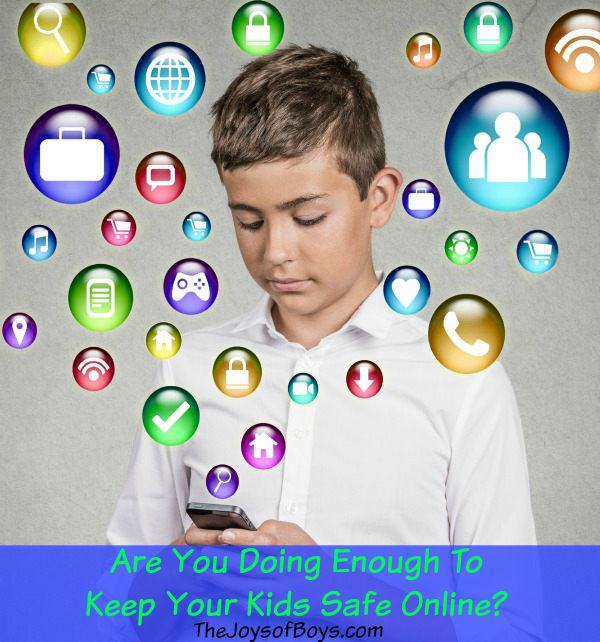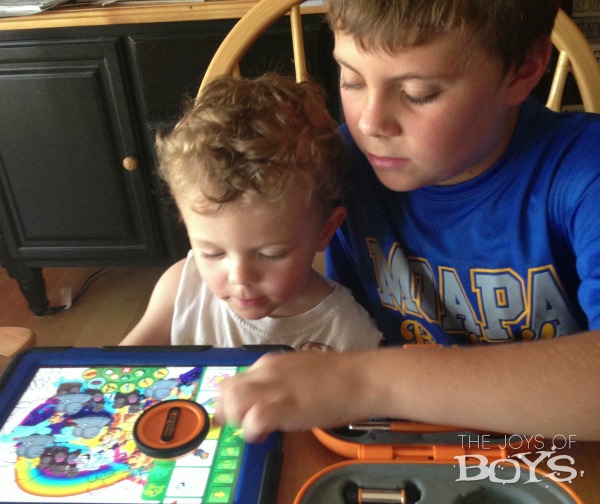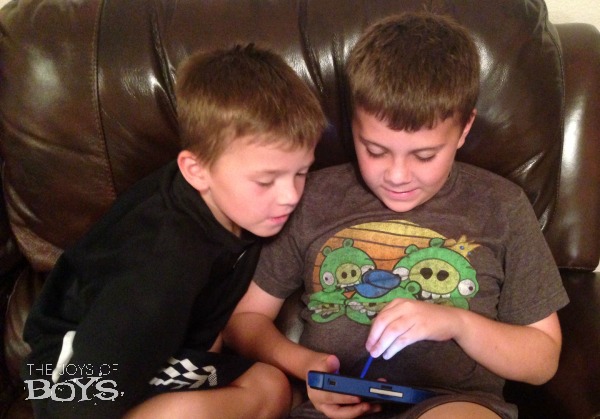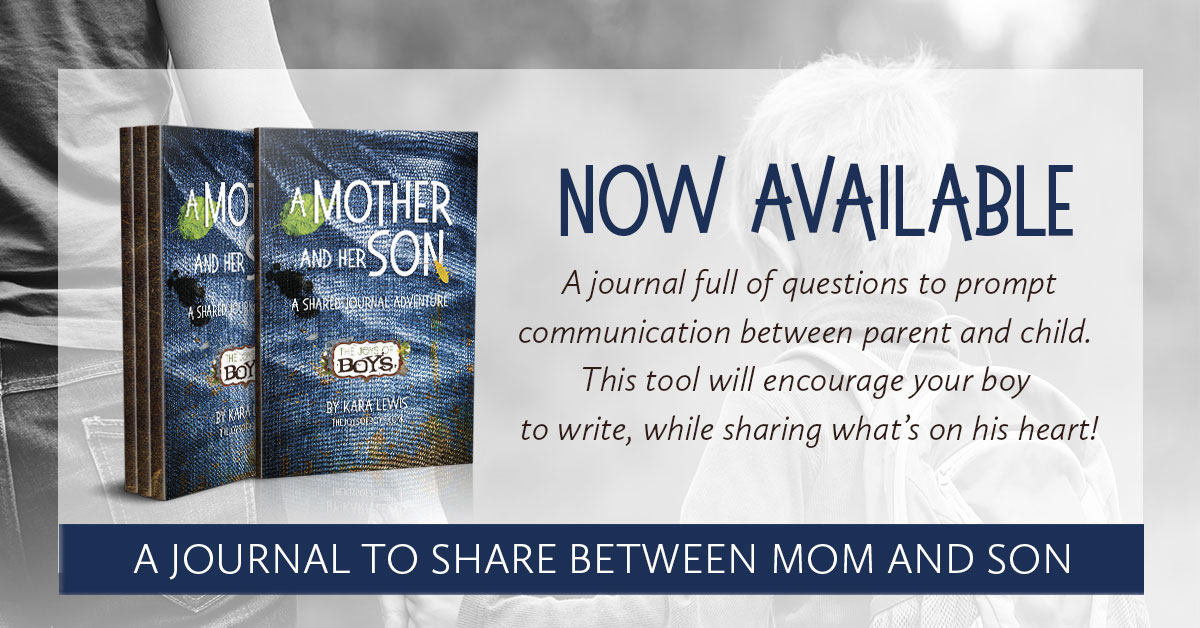This post is sponsored by AVG Technologies as a part of the Mom It Forward Blogger Network. All opinions are 100% my own.
We have always had a rule that our kids would never have a computer in their bedroom. But, with the online world now at our fingertips, how can we as parents keep our children safe online when the internet is everywhere?

Keeping Your Kids Safe Online
As my boys have grown I have found that they are naturally attracted to everything electronic. From the age of 3 my oldest could get on the computer and draw pictures. But, back then, the internet was easy to monitor because it was in one spot of our house. We still have the rule about computers and the internet and are trying our best to keep our children safe online by providing internet filters, putting passwords on the WIFI and limiting access to the internet to public places in our house.
But things have changed so much since we had our first son. The internet is EVERYWHERE. We have phones, laptops, hand-held gaming devices, music players, etc and it seems as though our children are surrounded by opportunities to be online or connected with people outside of our home. Online learning has now become an every-day practice in school. We might think that we have done enough to keep them safe by “blocking things,” but the truth is, our children are living in a virtual world and we can’t control the things that are happening outside of our home or through social media channels.

Some of these statistics were surprising to me!
- By the age of 3-5, more children are able to navigate a smartphone than tie their shoes or swim without help.
- 46% of kids aged 6-9 spend more time chatting, playing and interacting in virtual worlds than any other online activity.
- 89% of mothers say their child has not been teased online by their peers; however, research shows that around 30% of children admitted to being a victim.
- 80% of parents blame the internet for forcing the ‘birds and the bees’ conversation to happen at an earlier age.
- 82% of teachers believe parents rely too much on schools to teach their children about online safety.
- More than 92% of teachers confirmed that they use Internet content in class but only 25% have actually had formal training on teaching Internet safety.
- Only 29% of teens could claim to know all of the people they are friends with on social media.
- By age 16 almost 1 in 3 teens already regret posting something online.
The above findings are based on global surveys conducted by AVG Technologies

So how do we keep kids safe online?
The internet isn’t going anywhere so I believe the key to helping our children stay safe online, isn’t only providing filters, but having an open dialogue going about the potential risks of internet usage and teaching our children what they should do if they find themselves in a situation that they know is bad or even dangerous. But these conversations can be tricky for some and not every parent may even be aware of the dangers that are out there for our kids.
AVG Technologies and Childnet International have partnered to create an interactive e-book series, Magda and Mo, to help parents get the conversation started about tricky Internet safety topics such as cyberbullying and safe searching.
Magda and Mo are two curious kids who want to play online but need your help to make good choices. Together children and parents can follow the interactive adventures of Magda and Mo and help them make decisions during the story. By following their adventures you can help them through situations of facing a Cyberbully, knowing if it is okay to friend people through a game and when to go to a parent for help with searching online.
The stories are broken in to age groups of 3+, 5+ and 7+.
Another great resource is AVG Privacy Fix which helps control your privacy on your PC and hand-held devices. You are able to monitor and adjust your privacy settings online and prevent people from tracking your activities and location. And the best part is you can download it for free here: AVG Privacy Fix.
What things are you doing to keep your children safe online?
Please share your tips on internet safety in the comments so we can learn from you. Let’s all work together to keep our kids safe!

I’m uneasy about kids having unlimited access to YouTube and other areas of the internet. As a mother of 3 boys, and two of them teenagers, I like to make sure they are in open areas. My husband has also had talks with them about the birds and the bees so that they don’t have to hear about it elsewhere as if it is an unclean secret, at least when it comes to marriage. Teach kids to have good morals, and then hopefully they will make their own decisions wisely.
I completely agree. Open dialogue is so important and our kids need to know that they can come to us instead of doing a search for the questions that they have.
This is important to be sure. We have talked with my son about online safety–especially clicking through links he is not familiar with–since the time he started using the computer. He is getting older and will need to be able to navigate this on his own so we make sure to share our values and what we think the Internet is for and how it can be good and bad at the same time.
Yes, we definitely need to teach them the good and bad of the internet. There is so much good to be found but it is so easy for kids to stumble upon the bad. Thanks for your comment!
This is a topic that is so important to discuss with children, pre teens, teens and young adults. I spent 9 years as an ecclesiastical leader, the last 7 working with young adults. Every week was spent helping young adults, both male and female deal with and strive to overcome addiction to pornography. As I tried to understand the beginnings of their addiction, I asked when and how they first were exposed and the answers varied but most said that between the ages of 5-9 was their first exposure. Many with something that popped up on a screen while looking at something innocent and safe. Others got exposed to the idea through reading “Fantasy type books” and others through popular young adult or teen books or movies. For example “Team Edward or ?. All of these were innocent enough to begin with but lead to a need for more thrill or excitement type feelings. The internet can be a great tool for learning positive or negative. We need to help our young people learn to flee from bad whether it is “stranger danger” or bad feelings about something they just saw online. Establish the communication lines early and don’t put off having the discussion about safety in all areas. I heard one father tell his young son as he was starting school, “There are many bad drugs out there, some you take with your mouth but some you take with your eyes and they are just as bad for you. Stay away from both and come talk to me if you are not sure.” As families we cannot be too overprotective in these areas. It is so much better to prevent that to try to overcome an addiction.